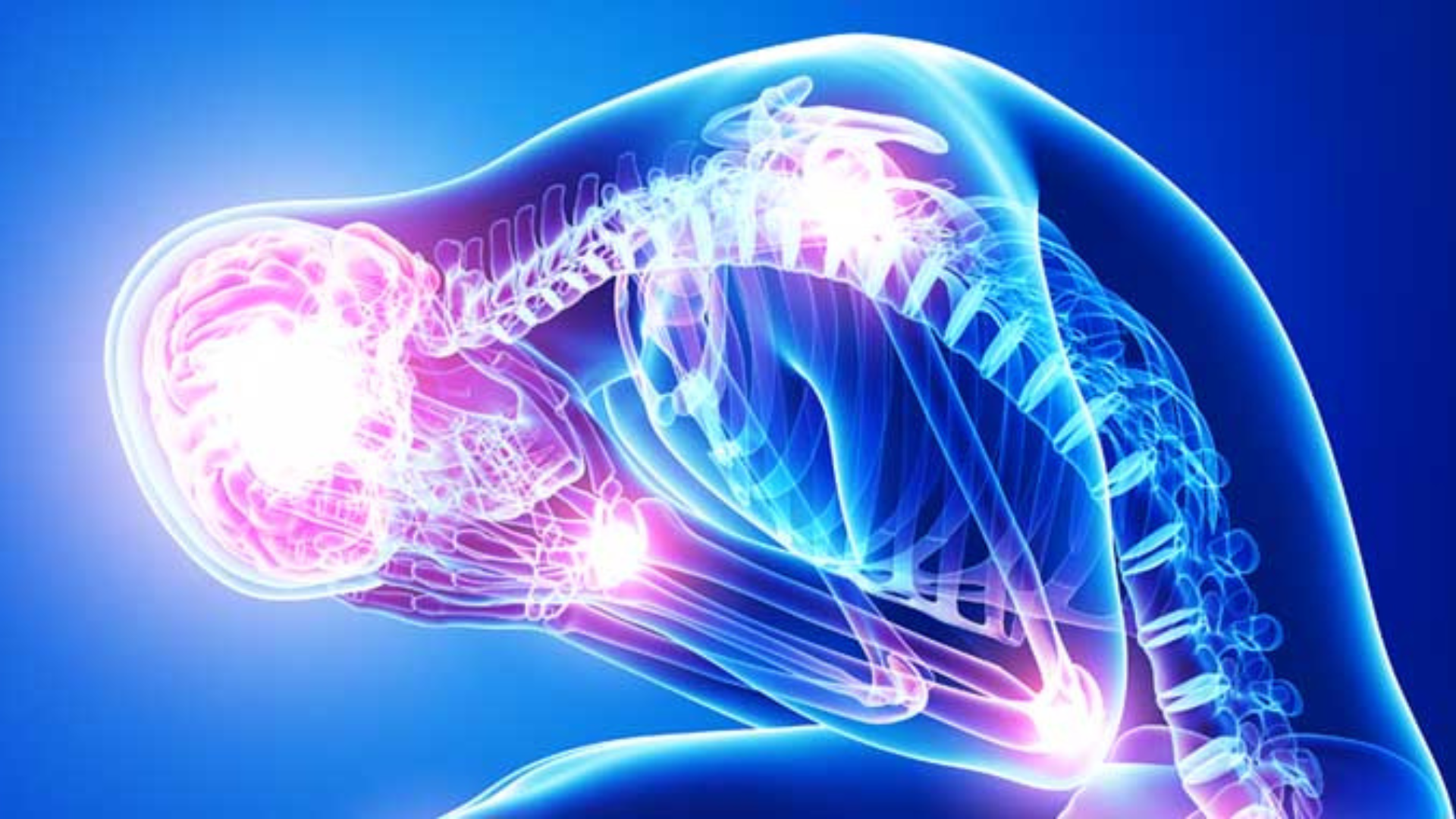Understanding Physical Detection
The Balancing Act of Body and Mind
Ever notice how your body sometimes has a mind of its own? It can seem like your body is trying to sabotage you at the “worst possible time”. Maybe you’ve felt nauseous before a big presentation or found yourself battling headaches after a stressful week. The truth is that your physical and mental health are more interconnected than you might think.
The Continuous Loop of Mental and Physical Help
The relationship between mental and physical health operates in a continuous loop, where each significantly influences the other. When mental health suffers it can manifest as physical symptoms and vice versa.
Physical Symptoms of Emotional Distress
Emotional states can lead to various physical symptoms, including:
Irritable Bowel Syndrome (IBS)
Dizziness
Nausea
Acne
Headaches or Migraines
Weight Gain/Loss
Chronic Fatigue
If you find yourself feeling this way regularly, it might be time for a chat with a healthcare professional.
The Emotional Toll of Physical Distress
Now, let’s flip the script. When physical health falters, it can take a significant emotional toll, creating a cascade of negative feelings that permeate daily life. Persistent pain, fatigue, or other chronic physical conditions can lead to:
- Increased Anxiety: Ongoing pain or discomfort can keep the body’s stress response activated, perpetuating a cycle of emotional strain.
- Mood Swings: Fluctuations in physical health can lead to unpredictable emotional responses, making it hard to maintain stability.
- Reduced Self-Esteem: Chronic physical issues may diminish self-worth, as individuals feel frustrated by their limitations.
- Impaired Concentration: Discomfort can make it challenging to focus, impacting work or academic performance
Tuning into Your Body: Detecting Distress
So, how do you start to detect these intricate connections? Here are some practical steps you can take to help balance your physical and mental health:
- Practice Good Sleep Hygiene: A consistent sleep schedule can work wonders for both your body and mind.
- Stay Active: Regular exercise is a fantastic mood booster and can help alleviate physical symptoms.
- Mindful Meditation: Taking time to meditate can provide clarity and reduce stress, helping you tune into your body’s needs.
- Identify Triggers: Keep track of any physical symptoms to see if they correlate with specific events or emotions.
- Seek Therapy: Whether it’s cognitive behavioural therapy or acupuncture, professional help can provide tools to manage both physical and emotional pain.
The Importance of Holistic Health
In the end, maintaining a healthy balance between your physical and mental health is crucial. By listening to your body and addressing your emotional needs, you can break the cycle of decline and foster a more harmonious existence. Remember, it’s not just about treating symptoms; it’s about understanding the underlying connection between mind and body.
So, the next time you find yourself feeling under the weather, take a moment to reflect—could it be a sign that your mind needs some attention too? After all, a healthy body and a happy mind are two sides of the same coin.


